Autocar Subscriber Extra is our package of exclusive benefits for our magazine subscribers. One of these is a weekly behind-the-scenes email newsletter from our editors. Until the end of August, we're giving all Autocar readers free access to these newsletters and columns. You can subscribe to Autocar magazine with our Summer Sale offer here and save 50% on your first 13 issues.
How’s your Genesis knowledge? No, not that one. The posh bit of Hyundai.
I ask because if you already know a bit, then be prepared to have to learn some more, even though the first bunch of the new brand’s cars have barely arrived.
This week, the firm announced its second electric vehicle, and its first based on a bespoke EV platform, called the Genesis GV60.
With it comes what appears to be an update to the brand’s design language – because it doesn’t look like any of the other Genesis models that have barely been launched yet. And it also brings an update to the naming strategy.
In principle, the G stands for Genesis and the V for Versatile, which means it’s a crossover or SUV, but not an estate, even though they’re also quite versatile. But the brand's sole estate car is called the Genesis G70 Shooting Brake.
Then there’s the numbering system, which I think I’ll just hand over to them to explain: “Genesis is evolving its model-naming scheme based on unique design identity of ‘Athletic Elegance’ emphasising athleticism with lower numbers and elegance with higher numbers.”
I don’t know. I’m sorry. Maybe that still just means the bigger the size, the bigger the number – that athletic is small and elegant is big? But what if they make an agile big car or a very luxurious and elegant small one? No idea.
This is as baffling as Audi’s latest numeric system – which, if you’ll remember, now references power output rather than any capacity, yet which doesn’t relate linearly to bhp or kW either (‘30’ is for models from 107bhp to 127bhp, ‘70’ is for cars with more than 592bhp).
Still, given the GV60 isn’t even on the Genesis website yet, it’s too soon to worry about it. So I’ll go back to trying to keep up with Hyundai’s latest model naming scheme, as introduced by the new Ioniq 5. (There’s going to be a 6 soon.)
Basically, the 5 is from the same company as the Genesis, is based on the same underpinnings as the GV60, and has a new design language that’s better looking than the posh model, and has a more fathomable name. Unless they feel and drive markedly differently, to make you want the posh one, Genesis’s scheduled servicing – where they collect the car from you and drop it back – will have a lot of heavy lifting to do.
Anyway, more news and reviews from the Genesis model rollout in the coming weeks. We look forward to telling you about it. Thanks, as ever, for supporting Autocar. See you soon.
You can subscribe to Autocar magazine with our Summer Sale offer here and save 50% on your first 13 issues. Or you can call 0344 848 8816 quoting promotional code SS21ED. Please note, the Summer Sale ends on 6 October 2021.

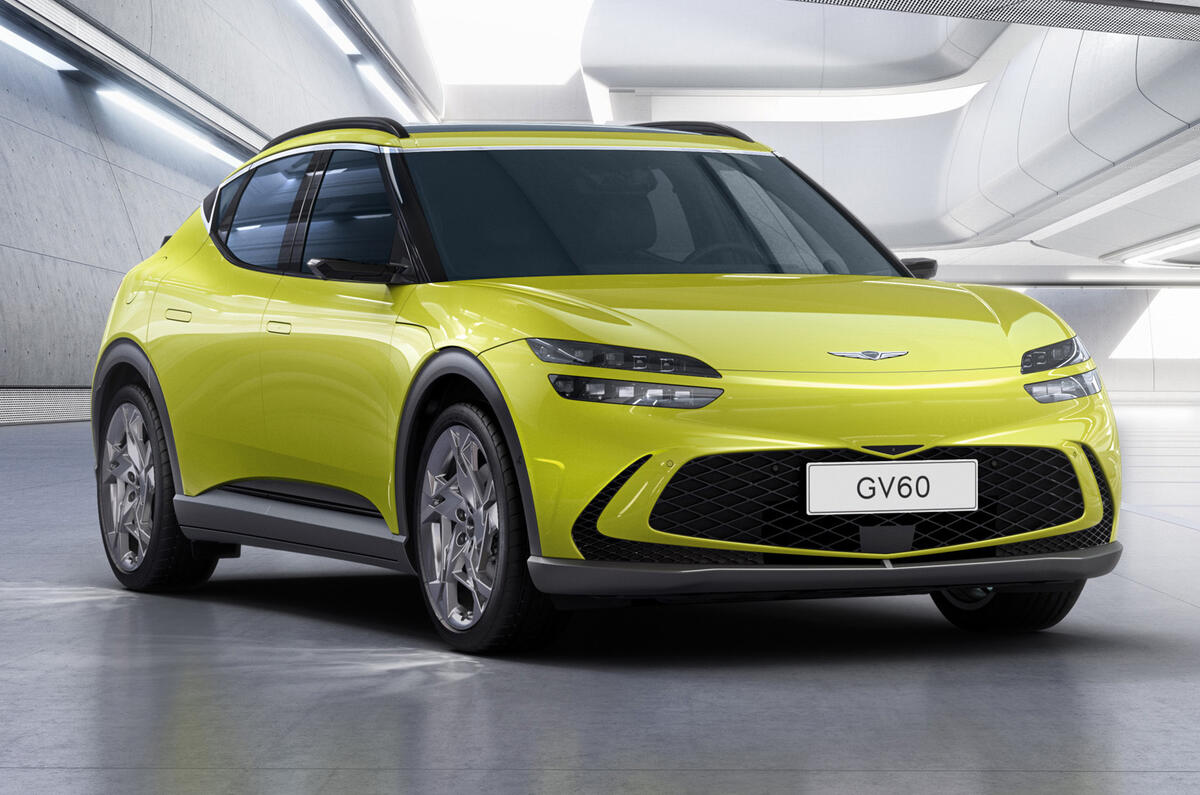
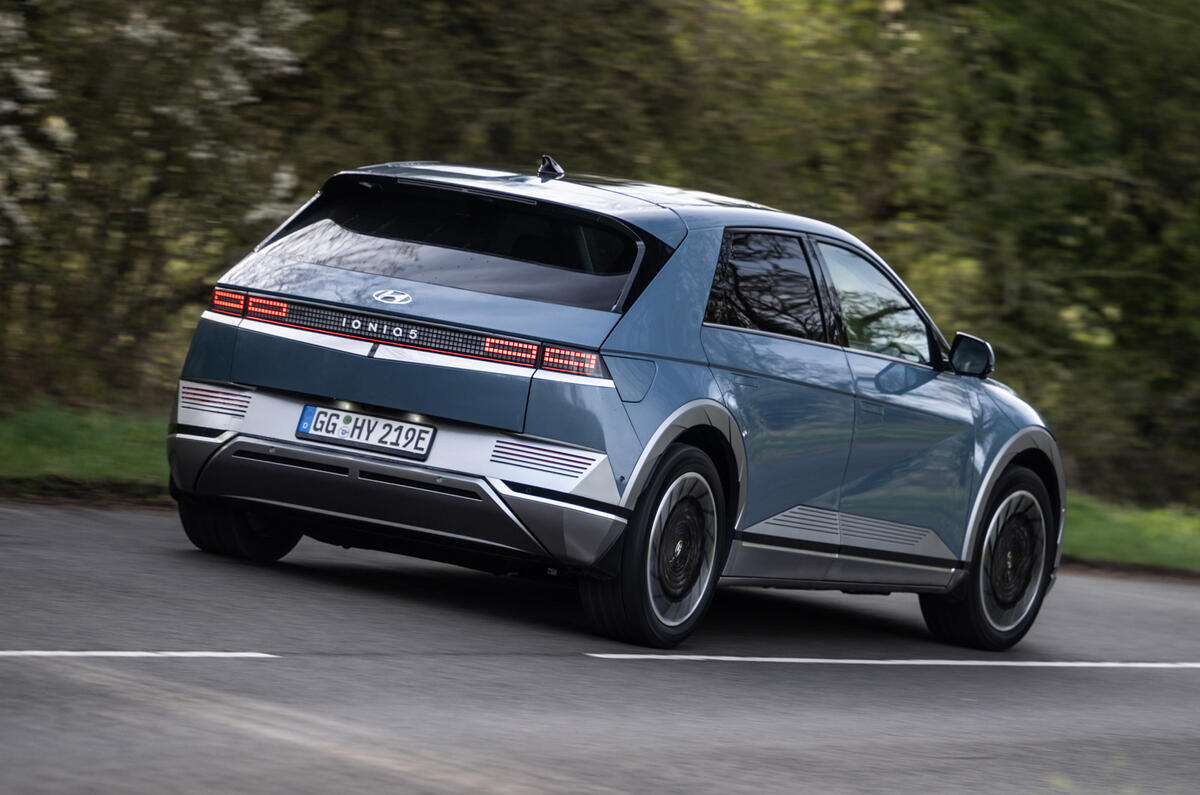
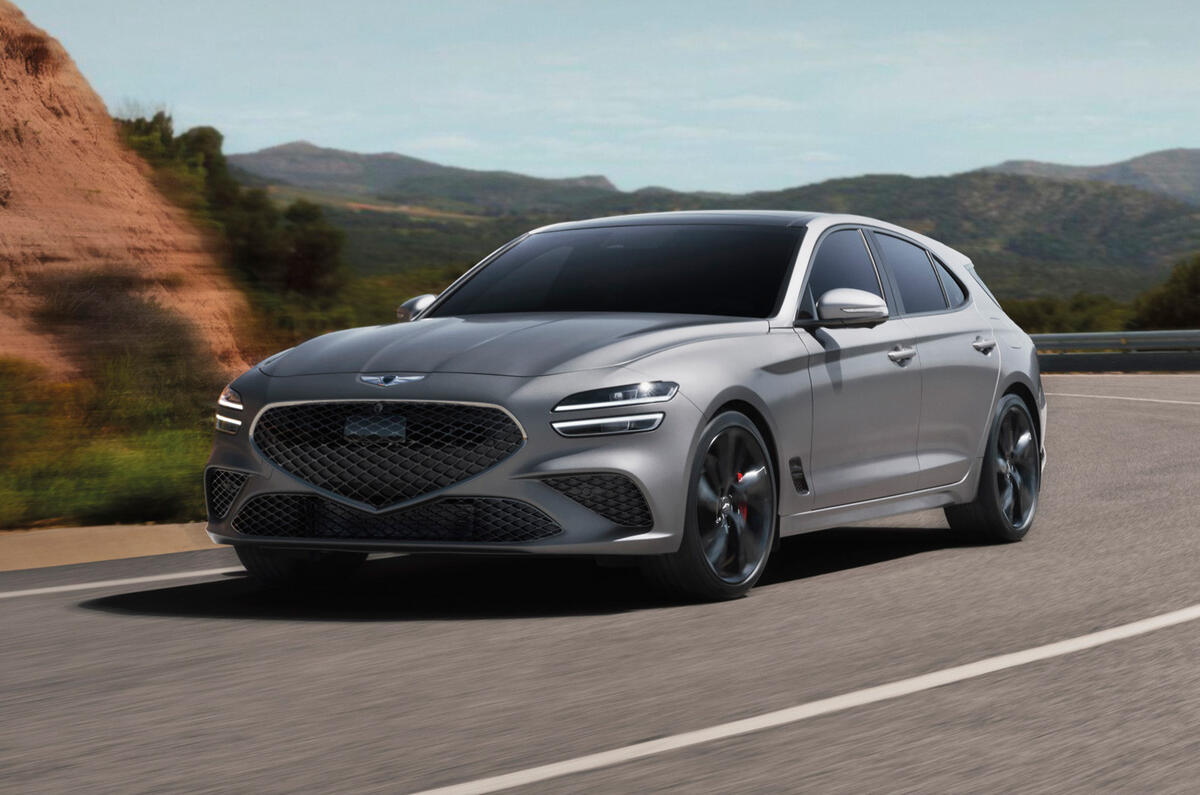
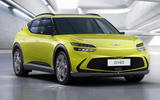
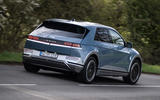
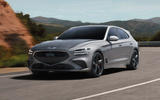






Join the debate
Add your comment
My favourite recent car naming policy was porsche with the Macan.
Despite all variants of the ICE versions having at least one turbo, the new top spec model was no longer called Turbo as this was being saved for the future EV variant, which obviously had none.
Obviously.